
TOURISM AND WILDLIFE
26-05-2021 by Freddie del Curatolo
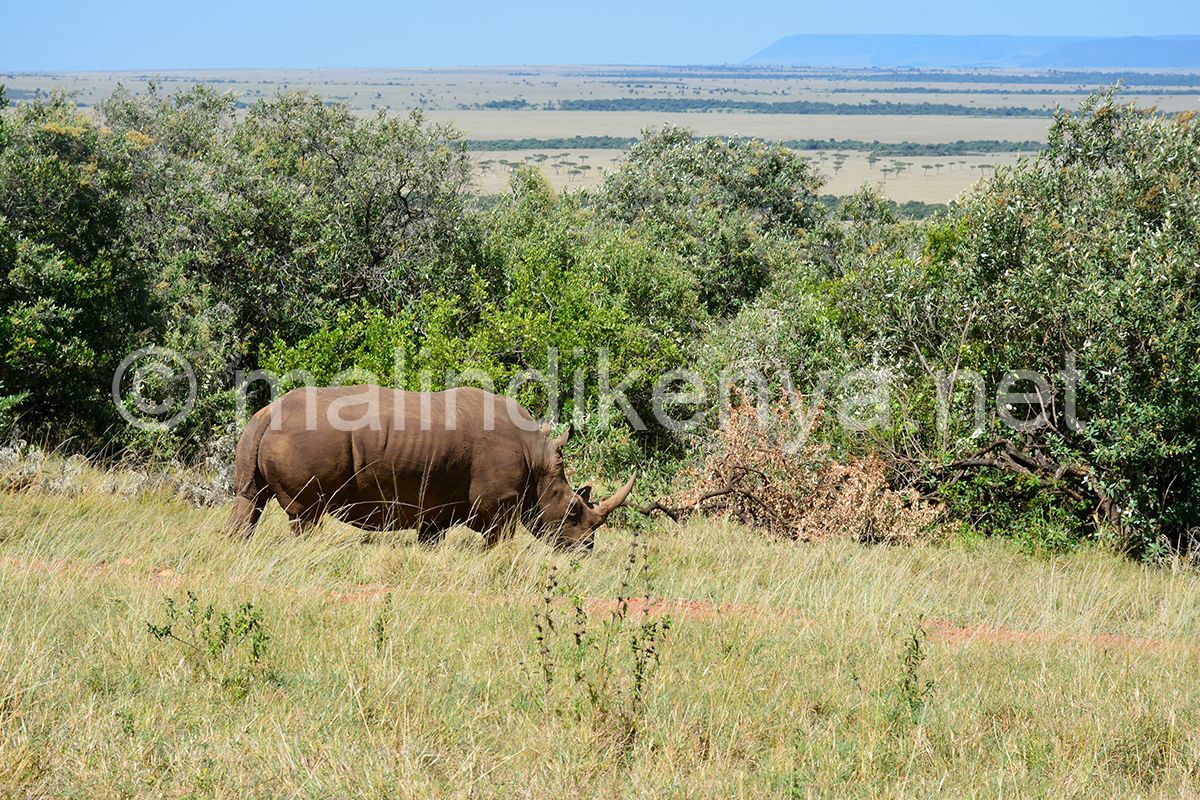
For the past two weeks in Kenyan safari circles, and in wider tourism circles in general, there has been much talk of Minister Najib Balala's proposal to privatise some (if not all) of the territory's national parks and reserves.
To date, there are 58 wildlife and nature havens that are controlled and protected by the government, through the Kenya Wildlife Service organisation, headed by the Ministry of Tourism. According to Balala, the State cannot efficiently safeguard all of them, does not have enough manpower at its disposal and does not see with optimism the possibility that its Government could budget funds for technological innovations (drones, for example) to strengthen the fight against poaching and in general be more present on the problems of each individual reserve.
This is how the Minister's idea was born, during an international "green" webinar, which at first sounded like a pure disengagement. It sounded at first like pure disengagement: we are not able to do it, so we rent out the reserves to those who would have every economic interest in keeping them in excellent condition.
It was then the protests of trade associations, tour operators and hoteliers (which also include the owners of lodges and tented camps in the savannah) that moved Balala to clarify and give examples.
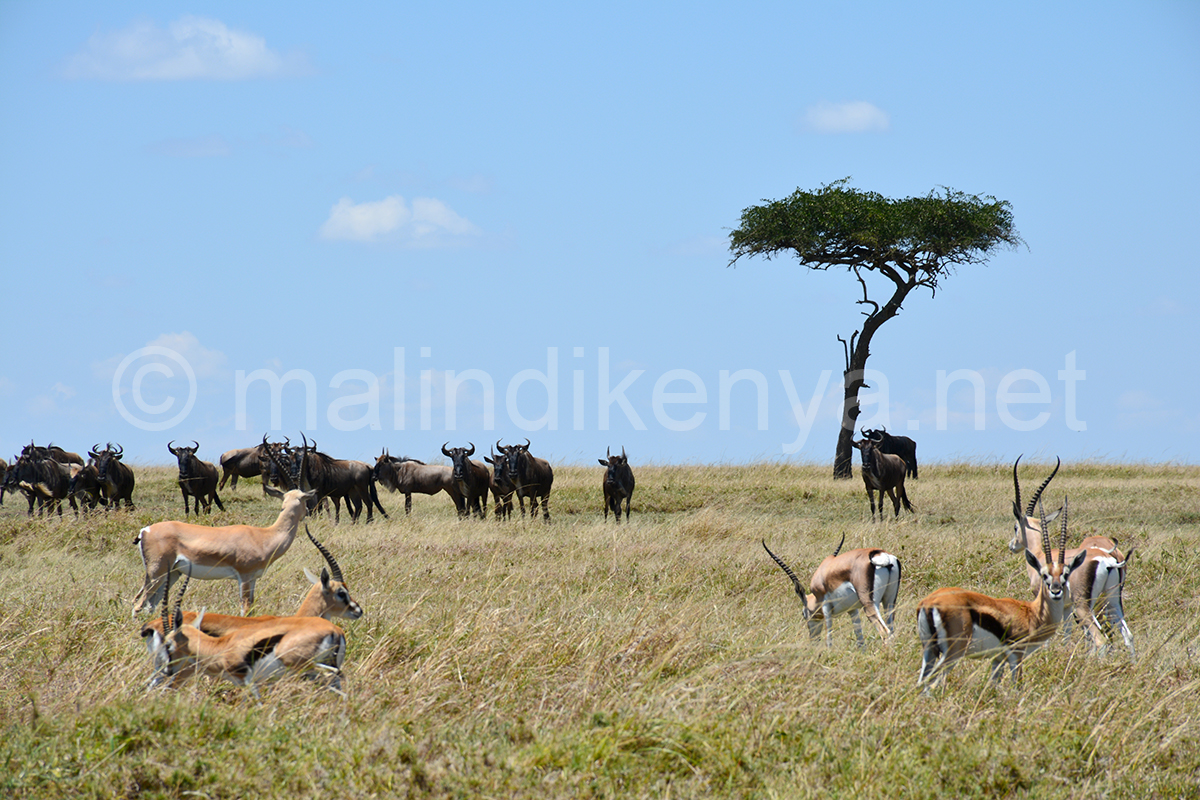
"The model we are referring to is that of public-private partnerships," he said, "putting other entities alongside our work, which cannot arrive everywhere efficiently and which has too many reserves that are not valued. As of today, very few parks generate 85% of revenue for the State, the others need to be relaunched. Outsourcing does not mean giving in, but cooperating. As, for example, is already happening in Tsavo East with the Sheldrick Foundation with regard to traps and leghold traps.
But what could be the formula for a lease, for intelligent external management that would solve Kenya's endemic savannah problems and at the same time be good for tourism?
"The worst thing any independent and organised country can do is to privatise its natural and cultural resources," is the warning from the President of the Coastal Hospitality Association, Sam Ikwaye, "The government should never hand over the management of natural resources to outsiders or private entities.
Conditionality is a must. There are currently two major dramas facing parks and reserves: poaching and human-animal conflicts. As regards the first, the public sector will clearly have to remain in the saddle as far as security and law enforcement are concerned (the KWS is still a public body as it is made up of rangers, i.e. soldiers with guns), while the private sector could join in with prevention, monitoring and generally making areas and routes safer and more secure. As for the second point, which is the most difficult to address because it goes hand in hand with the economic and social growth of the country, the example is that of the conservancies of Masai Mara and Samburu, where local communities are involved in considering wildlife as an added value and not as a threat to their land, agriculture and livestock.
The fact remains that nobody does anything for nothing, so Balala's challenge and the doubts of the tourism operators remain that whatever private individuals decide to take up the government's proposal, they will rightly want to make a profit.
And how will they do this? By raising the prices of admission to the parks? By creating "exclusive" zones within the reserves?

The closest example to us is South Africa, where some state parks have been divided into many small reserves managed by private individuals and everyone has done more or less what they wanted, always respecting a sort of code of ethics. This is the case of the Sabi Sand reserve, next to the celebrated Kruger Park. In some of the 23 protected areas (one of which is completely private, in the sense that it has been sold) there are tarmac roads and even a bank and post office on the edge of certain lodges. We do not believe and do not hope that this is what Minister Balala is leaning towards and that it is from these assumptions that the crusade of those who work in safari and hospitality starts.
It is one thing to hand over the management of parks and conservancies to local communities, to foundations such as Sheldrick (which also has an elitist view of the management of its lodges) and others, or to camp owners who already distinguish themselves by safeguarding and working with local people.
During a recent visit to the Mara North Conservancy we noticed a care, attention and above all a unity of purpose that can only bring benefits. It's not that everything is rosy, poaching and the hand of the desperate man are always lurking. But certain items that do not exist in the government dictionary, such as preventive education, awareness, research, attention to detail, in the self-managed or 'participated' reserves are the basis of management.
"Try to compare the simple road network, water systems for watering and other projects that are in government-run facilities and then compare them with private conservancies," Balala admitted, "for that we are looking at public-private partnership possibilities including through local communities.
Communities must always be at the centre of every project if we want to aim for long-term sustainability.
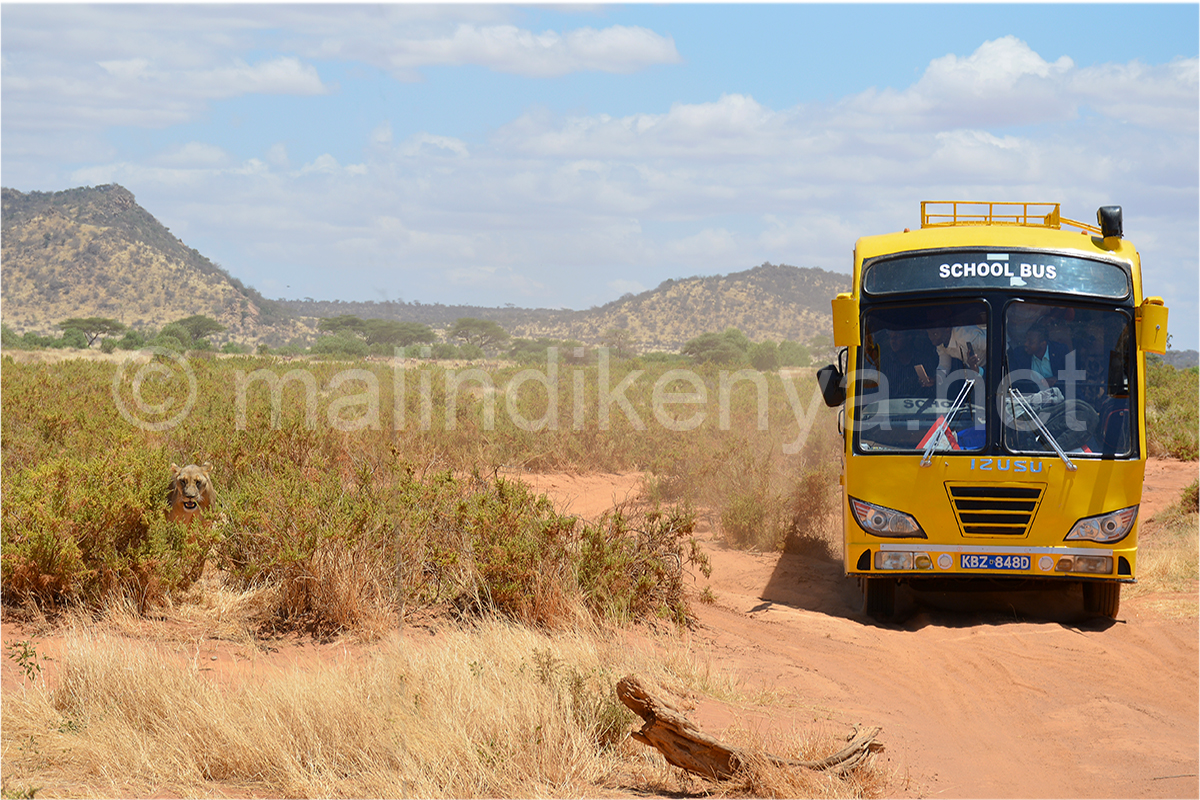
If opening up to the private sector also meant allowing Dubai-style hotels to be built on the Mara River to watch the migration from a window on the 20th floor while eating sushi, or finding an autogrill in Tsavo instead of Sobo Rock, there would be cause for concern.
Another atrocious doubt that has graced the pessimists is that this insinuating talk may be linked with another statement a few months earlier by Balala himself, who admitted that he was considering setting up some private game reserves.
If we continue with the same models as before the pandemic, I don't think we will be able to progress," Balala recalled, "we need investment in broadband, in the purchase of technological means and new forms of trade to boost tourism.
So, to dispel any doubts, tourism operators at all levels are recommending not handing over the management of parks and reserves, but simply renting out areas and facilities within them to improve them and go where the state has almost never been able to go.
NEWS
by redazione

Good news for safari lovers in Kenya and especially for those who organize them, agencies and tour operators.
The Kenya Wildlife Service from November 1 reduced entry ticket in Kenya's national parks and reserves.
ENVIRONMENT
by Leni Frau

Flamingos are returning en masse to Lake Bogoria, the small volcanic body of water that has always been...
ENVIRONMENT
by redazione

The Arabuko-Sokoke forest, which extends between the hinterland of Malindi and that of Watamu and Kilifi, has been included in the...

Almost every day a fire, big or small, devastates a piece of ...
TOURISM
by redazione

Kenya is one of the most requested destinations by Italians for Christmas and New Year.
Among the so-called "long-haul"destinations...
NEWS
by Freddie del Curatolo
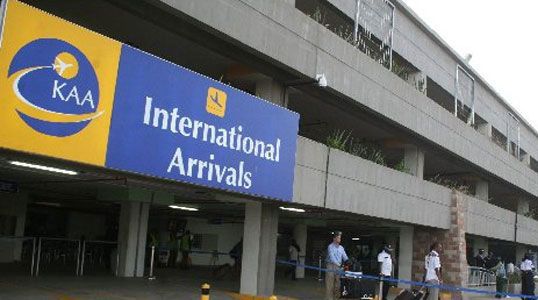
Tourism in Kenya is on the upswing and sending signs of optimism for the continuation of the season. This is...
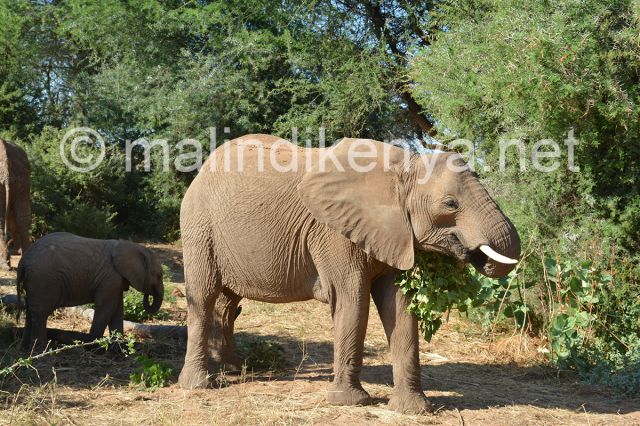
Welcome to the fourth installment of the weekly Italians in Kenya post. Today in the space dedicated to...
TURISMO
by redazione

Kenya make it again!
Once again this year, after winning last year's coveted prize, in addition to 2013 and 2015, Kenya won the Golden Palm as the world's best safari destination and best African beach destination at the World Travel...
TOURISM
by redazione

The Kenya Tourist Board and the Kenya Wildlife Service will work from here to the immediate post-election campaign to promote tourism in the unspoiled places of Kenya and the most sought-after tourist destinations.
NATIONAL PARKS
by redazione

Among the various increases (and the few decreases, as in the case of entry visas to the country) that...

Starting in the next few months, prices for entrance fees to Kenya's parks and reserves could...